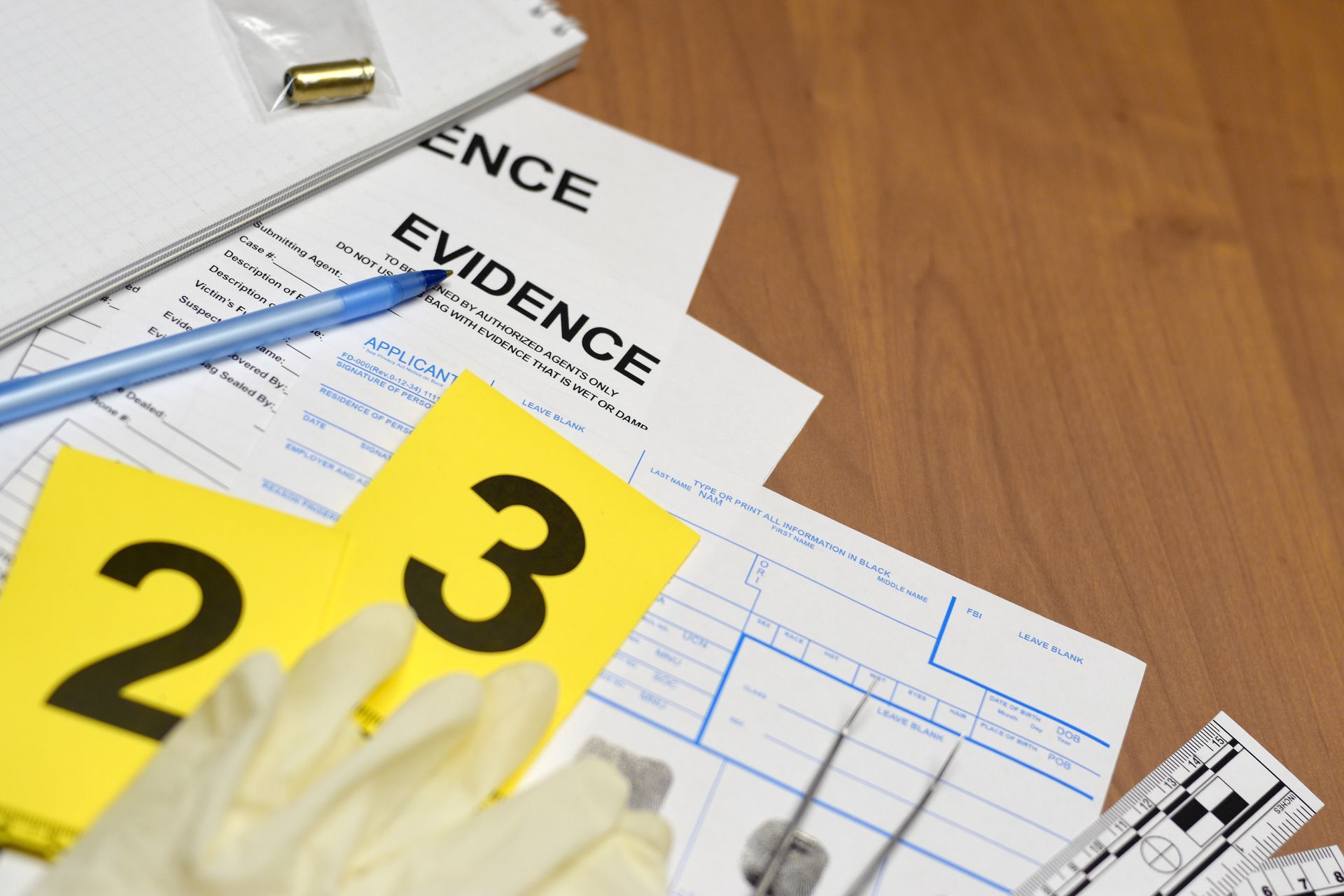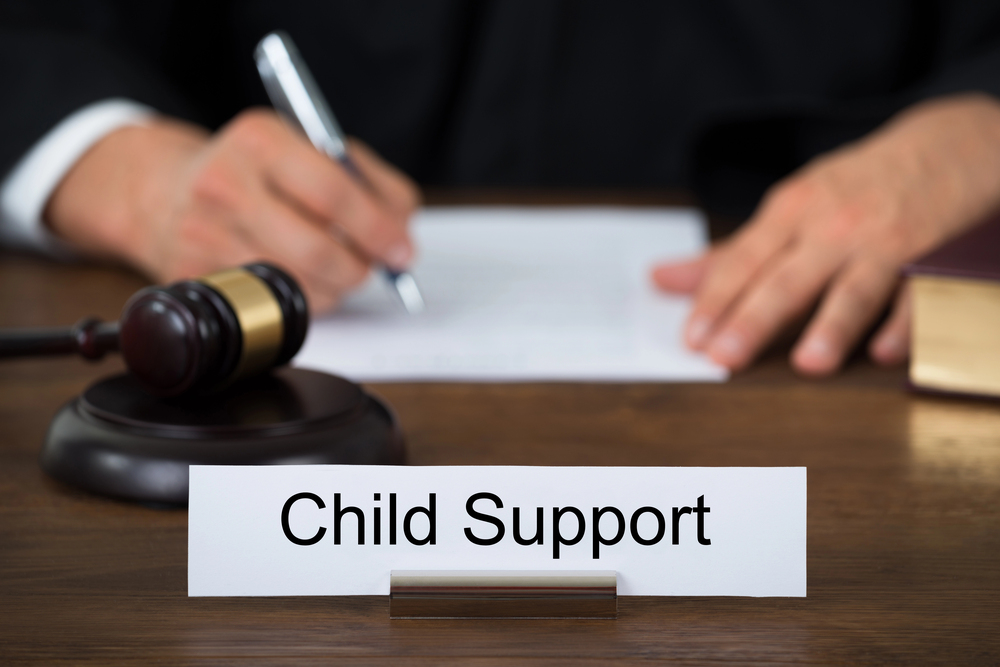How Is Property Divided During a Divorce?
Here in Massachusetts, property is divided a bit differently in a divorce than it is in some states. Our state is not a community property state, and this does make a difference. To protect your rights and ensure that you have a fair division of assets, it’s always wise to contact a Fall River, MA divorce attorney for help.
From a Divorce Attorney: How Is Property Divided in a Fall River, MA Divorce?
A lot of people get their ideas of how property is divided from information about “community property” states. In these states, the assets are divided pretty evenly and all property that was acquired during the course of the marriage is considered community property or marital property. Separate property is not included in the division, and the separate property is anything that was owned by one of the spouses prior to the marriage or which was gifted to the spouse as an inheritance specifically to them alone.
Here in Massachusetts, marriage is considered a partnership. Therefore, the courts do not really differentiate between separate and marital property in the same way. Instead, it’s all on the table for division. At the same time, the law requires the courts to make an equitable distribution of that property. This means that rather than split it 50/50, the judges are required to look at 15 different factors to come to a decision about what is fair given the circumstances of each individual case.
What the Court Considers
Some of the most important factors that the judge will consider will include the length of the marriage, the conduct of both the spouses during the marriage, the age and health of both spouses, and the present and future needs of any children. The court will take into consideration the current income of both spouses and their potential to earn in the future, too.
The goal is to make sure that the spouses are on a similar financial footing moving forward and both have an equal chance at working towards the same lifestyle, or even better, than they had before the marriage.
Coming to an Agreement
If possible, it’s always best for you to come to your own agreement on dividing your property. That’s always an option when you get a divorce, and, for most couples, is preferable to having a judge decide. The courts strongly encourage you to do this and will also give you multiple opportunities during the trial process even if your divorce goes to litigation to see if you can’t work it out.
Your lawyer can be a huge help here by providing a buffer between you and your spouse, negotiating on your behalf, helping you keep focused on the most important things, and ensuring that any agreement is fair to you and will be agreeable to the court. If you’re able to do this, you can file for an uncontested divorce, which will be cheaper and faster.
To learn more, contact Brian D Roman, Attorney at Law in Fall River, Attleboro, and the greater Boston area.











